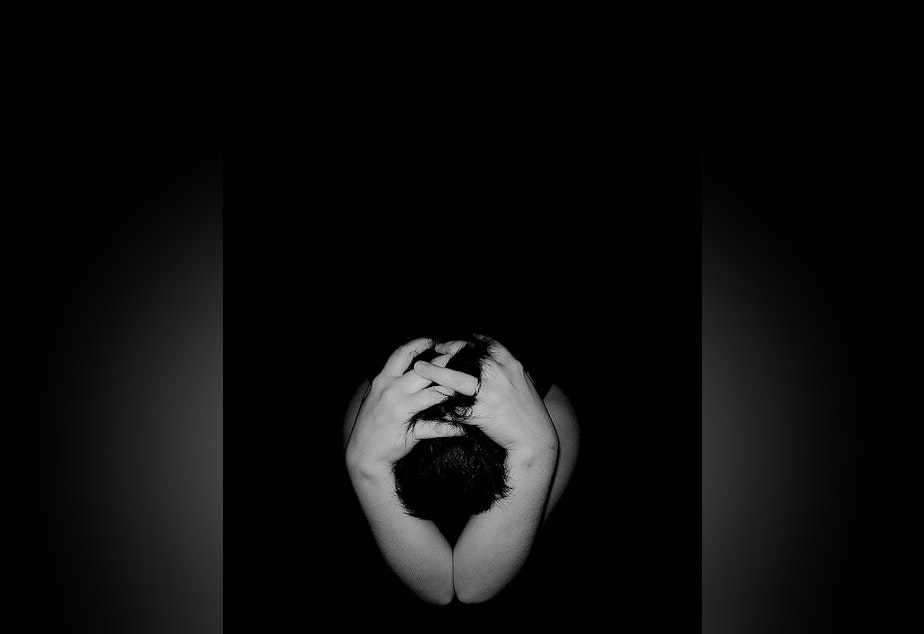Violence And Mental Illness: Is There A Link?

Tragic and unexplainable acts of violence are often attributed to mental illness. In the aftermath of terrible tragedies, like the Sandy Hook Elementary School shooting, anecdotal and unconfirmed stories of mental illness begin to circulate.
Dr. Jennifer Stuber from UW’s School of Social Work visited Weekday to discuss the link between violence and mental illness and particularly how the media plays a part in the dissemination of misinformation. Below are highlights from her interview.
What are the connections between violence and mental illness?
First, creating a working definition of mental illness is critical to exploring the correlation. If you look at prevalent data on mental illness, roughly half of all Americans over the course of their lifetime will actually meet diagnostic criteria for mental illness. Once a distinction between mental illness and the serious forms mental illness is made, the percentage of people affected drops to 5-6 percent, and the severity of symptoms increases.
Further, some serious mental illnesses, like schizophrenia, have different -- and possibly more violent -- expressions of their illness. One symptom that carries the potential for increased violence is threat override, which is a hallucination that can tell a patient to do something that could potentially be violent. However, research shows that mental illness alone is rarely the cause of a violent act.
More important than mental health status is the past history of the individual or how the person was raised as a child. For example, if someone with mental illness is addicted to substances or was bullied when younger, the potential for violence may be greater. A complex combination of factors can sometimes lead someone with mental illness to become involved in a violent crime, but mental illness alone is rarely the sole factor.
How do events like mass shootings shape people’s perception of mental illness?
False or inaccurate attribution of mental illness can create pervasive negative stereotypes. Mental illness is often only mentioned in the news when violence is involved or when there is a suicide. We need to hear more about recovery and successful treatment to combat the negative stereotypes that dominate media stories.
One of the biggest dangers in false stereotypes about mental illness is that it can discourage people who need help from seeking it. Because of the way mental illness is stigmatized in media portrayals, media coverage may actually contribute to the problem.
When is it important to a story to report on a person’s mental state?
Simple associations of mental illness to violence without exploring context of the life of the accused or examining contributing factors that may lead to violence are particularly dangerous, but that does not mean that mental state should not be part of the discussion. Media organizations should expand coverage to contextualize mental illness to the scope of the individual's experience.
One relevant topic about mental illness that the media should include in coverage is about the mental health system, particularly when there is a system failure.
The Sandy Hook tragedy has resulted in three narratives: mental illness funding, school security and more gun control. What stories would you like to see coming from the press?
We have found that very sad, tragic incidents like the one in Newtown, Connecticut, become an opportunity for learning. It is an important opportunity for news organizations to take a look at their coverage for ways to tell more positive stories or to use a more balanced approach.
Further Resources:
"In Gun Debate, A Misguided Focus On Mental Illness," The New York Times
"Facts About Mental Illness And Violence," Mental Health Reporting, UW School of Social Work
"Violence and Mental Illness: An Overview" by Heather Stuart, Queen's University
"Mass Shootings: Maybe What We Need Is A Better Mental-Health Policy," Mother Jones
